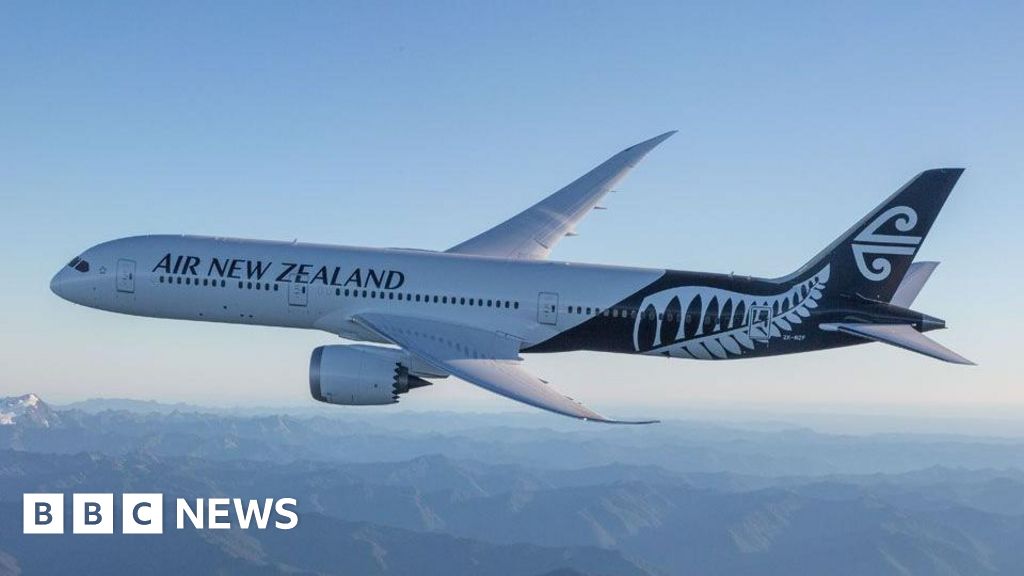Air New Zealand has abandoned a 2030 goal to cut its carbon emissions, blaming difficulties securing more efficient planes and sustainable jet fuel.
The move makes it the first major carrier to back away from such a climate target.
The airline added it is working on a new short-term target and it remains committed to an industry-wide goal of achieving net zero emissions by 2050.
The aviation industry is estimated to produce around 2% of global carbon dioxide emissions, which airlines have been trying to reduce with measures including replacing older aircraft and using fuel from renewable sources.



I start in a similar place but go the other direction. Airline travel is an important personal luxury, and crucial to global business or politics. While in the ideal it may be unnecessary, you’re not going to get people to give it up willingly, and they’d argue there’s no other option for such travel. So, what can we do?
The industry is great at adopting efficient technology but it can’t even keep up with growth in demand, much less reduce carbon emissions. So what else can we do?